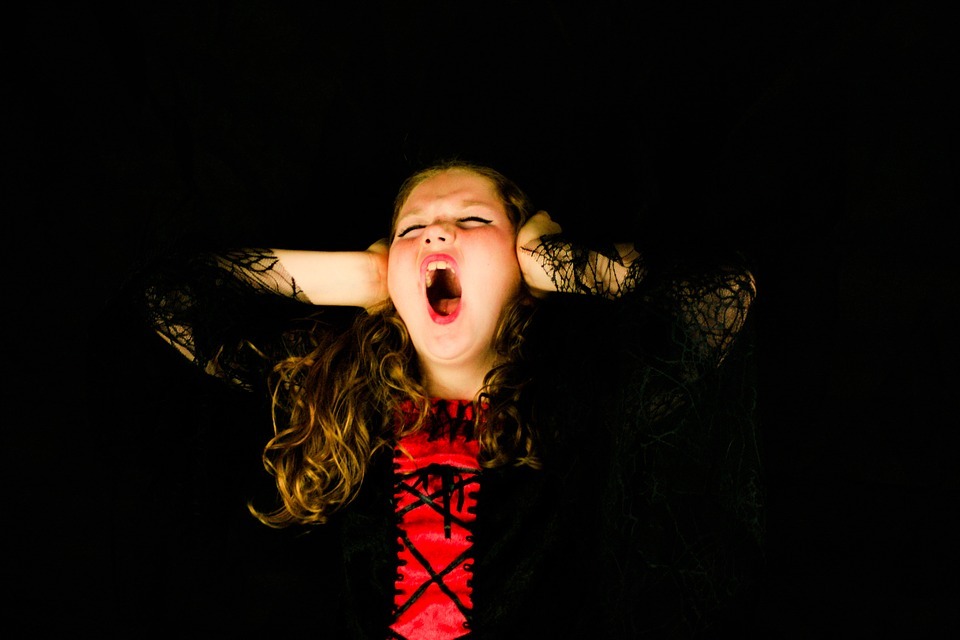Besides the damaging effect on your vocal cords, yelling is not a good habit unless you are a Rockstar singer or someone engaged in a job that requires yelling or screaming.
Meanwhile, yelling is also not good when it is done to children-your kid or someone else’s. Yelling at someone or being yelled at has never been good for anyone, especially to kids.
If you are a parent and at some point, yelled at your naughty son, or you perhaps have a habit of yelling at your kids at home for some reasons, here are the reasons why you should stop it before it’s too late and have caused serious adverse mental and physical impacts to your kid.
According to new studies, yelling at kids is as hurtful as hitting them. Based on a 2-year experiment, there is a frightening effect of yelling similarities on a physical and discipline performed on a child. Results reveal that a child who is yelled at is more likely to show behavior problems, thereby eliciting more yelling. Ant this becomes a cycle.
REASONS WHY YOU MUST NOT YELL AT YOUR KIDS
Yelling has adverse effects on physical health.
It might be unseen, but the stress from verbal abuses a person experiences during childhood can increase the risk of acquiring health problems during adult years.
A study has associated the negative childhood experiences, considering the verbal abuse, to the later development of painful chronic conditions. The adverse physical effect included arthritis, bad headaches, back and neck problems, and other chronic pain.
Yelling worsens a child’s behavior problems.
“My kids are just so stubborn, and they don’t listen unless I raise my voice,” this is one of the common reasons parents say why they yell at their kids.
Thinking that they can solve the problem and make their children show their attention, a mother can even worsen the condition. Research says that yelling can cause more issues with a child’s behavior in the long run. Commonly, parents fear that their child might lack respect for them whenever they cannot discipline them well, but yelling is just a bad way of disciplining. Yelling will only worsen a child’s bad behavior.
Yelling changes brain development
A good and healthy environment is crucial, especially in the early stages of a child’s life. Harsh parenting techniques, strict discipline, and yelling can relatively change the way a child’s brain develops. That’s because humans process negative information and events more quickly and thoroughly than good ones.
Yelling can cause trauma and depression.
If you try to observe in a home where parents impose stringent rules and discipline, oftentimes, a child that unintentionally committed a mistake will just lie because of the fear of punishment. Eventually, a child will have the habit of lying just to protect himself.
Too much fear to a child from a parent’s anger especially accompanied by yelling can cause serious emotional hurt to a child or a trauma that might cause depression. Verbal abuse can cause deeper psychological issues that carry into adulthood.
EFFECTIVE WAYS TO STOP YELLING AT YOUR KIDS
Identify your triggers
You don’t simply yell out of the blue; there must be something that triggered you to raise your voice. What could it be? We all lose our temper – make our skin crawl, and blow a gasket. Once you have found out what provokes your anger, you can also help yourself, and your kids meet halfway and avoid getting mad and yelling. You can also come up with a plan on how to handle them.
Give kids a warning
Warnings are helpful to help kids tone down or follow attention to your rules and orders. Iso, instead f yelling at them because it’s already late and they’re still up playing some mobile games, you can simply warn them that you will confiscate their gadgets when they don’t follow you.
Stay Calm
Probably, you have heard many times about the different calming techniques like deep breathing, pausing and counting from 1-10, etc. Still, you find them ineffective. The reality is, you’re not just using them properly.
The anger that a person feels goes through different scales. If the anger is only on a lower scale like 2-3, taking a few deep breaths can work great. But once goes up to a 4-5, taking some deep breath or counting won’t work. When this happens, you must find ways to return your brain to its balanced state and find ways to calm yourself down.
Take a time out
One of the best ways to avoid yelling when your anger reaches its highest point is getting inside your room or going somewhere away from your kids. Judy Arnall, a child development specialist, advises parents to go to the bathroom, yelling into the toilet, and then flush it away.
Teach the lesson later
Kids often misunderstood yelling. Despite the truth that you love them so much, making you feel so mad at their mistakes, they would still think that you hated them and not the mistakes they did every time you yell at them.
Yelling undermines the legitimacy of your concerns and encourages children to shut down instead of listening. Whenever you are angry, do not talk to your kid but let your anger subside, explain, or talk to your child after you have poured out your emotions on other things and not to him.
Once you are back to your normal emotional state, that is the right time to explain the mistakes he has committed. Gently remind him not to do the same thing again.



